Western democracies continue to ignore the problem of big numbers of migrants who bring their inherited hatreds and conflicts to create major problems for their adopted countries, whose values they neither understand nor respect. In the wake of demonstrations that blur the line between pro-Palestine and antiSemitic, a Leger-Postmedia poll in Canada has interesting pointers to public opinion that might well translate to Australia.
Already a subscriber? Log in
Subscribe for just $2 a week
Try a month of The Spectator Australia absolutely free and without commitment. Not only that but – if you choose to continue – you’ll pay just $2 a week for your first year.
- Unlimited access to spectator.com.au and app
- The weekly edition on the Spectator Australia app
- Spectator podcasts and newsletters
- Full access to spectator.co.uk
Or
Unlock this article
You might disagree with half of it, but you’ll enjoy reading all of it. Try your first month for free, then just $2 a week for the remainder of your first year.

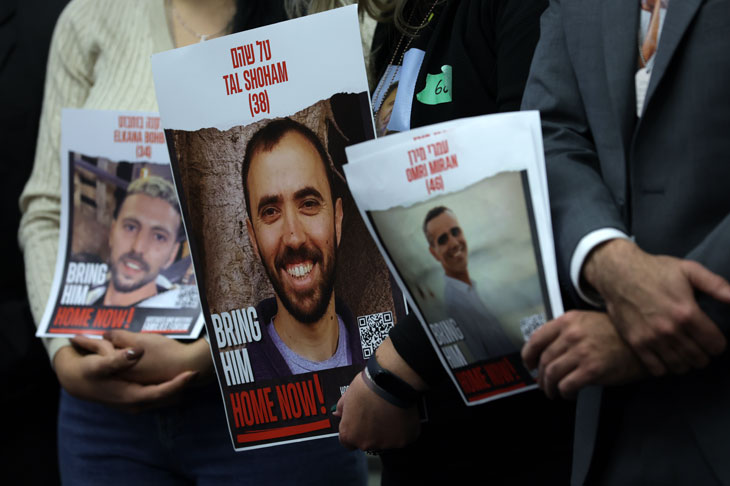
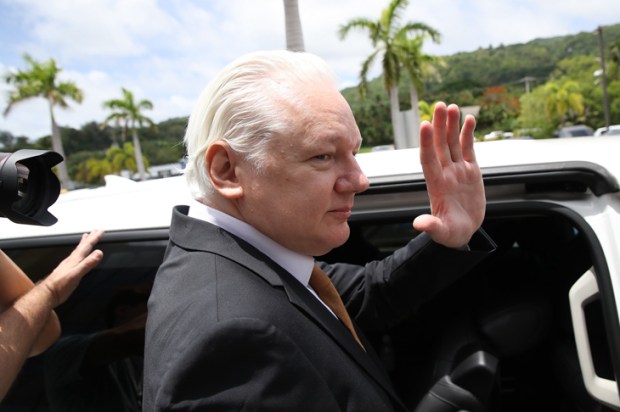
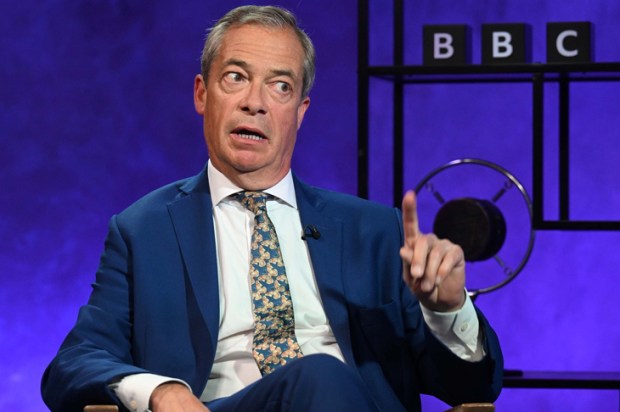


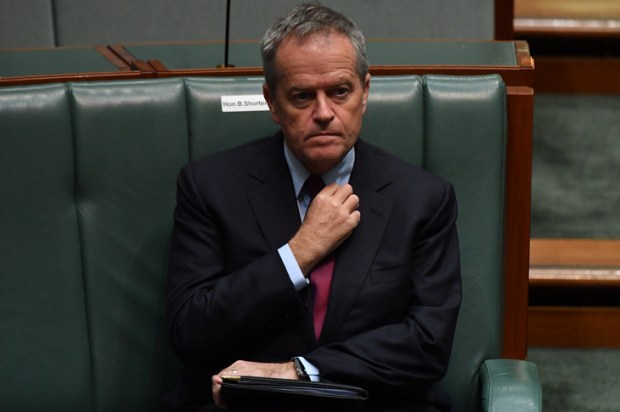
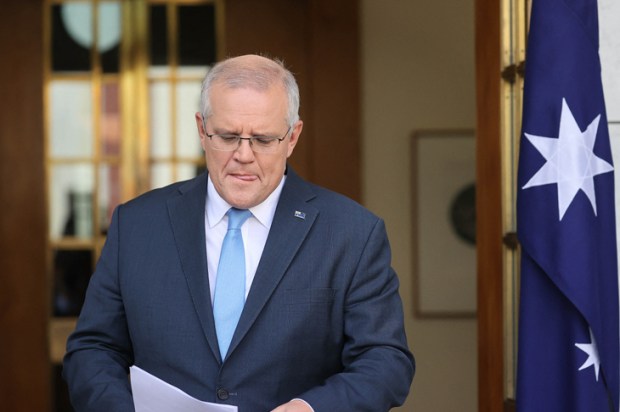






Comments
Don't miss out
Join the conversation with other Spectator Australia readers. Subscribe to leave a comment.
SUBSCRIBEAlready a subscriber? Log in